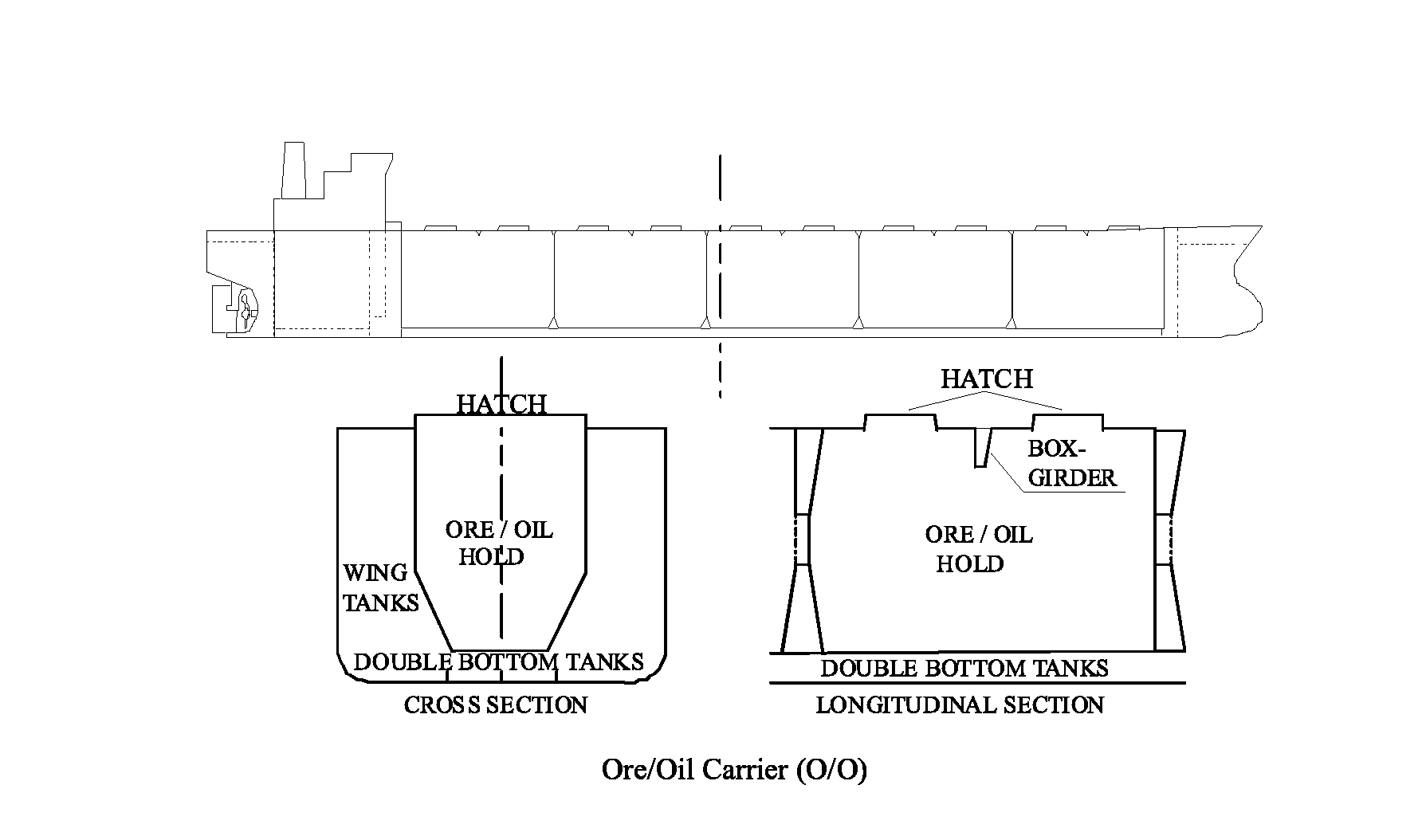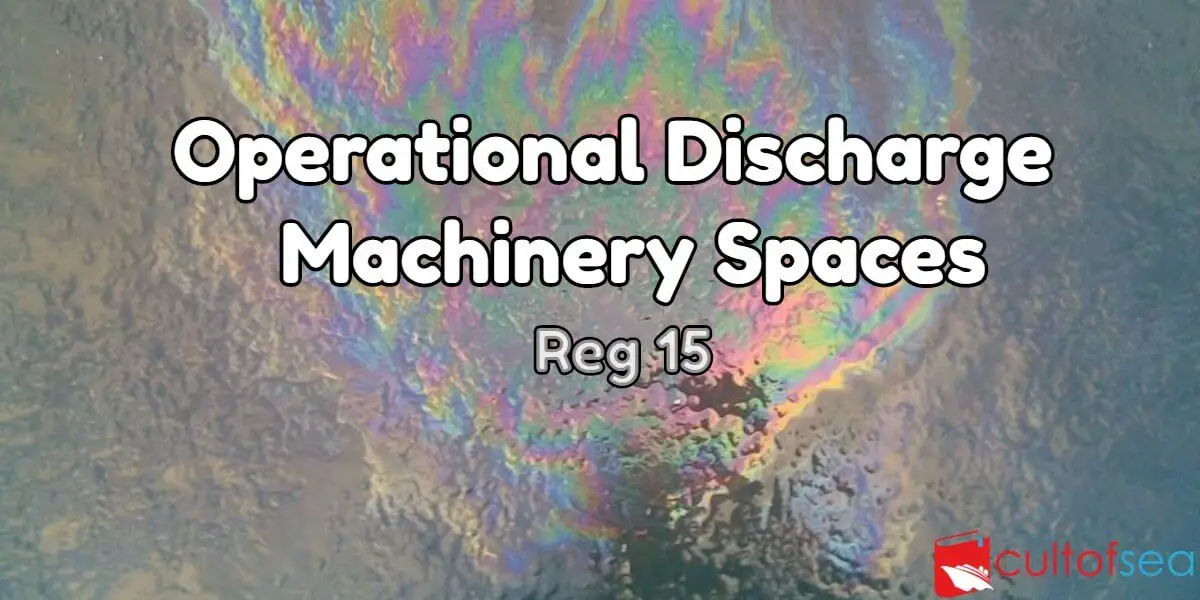Oil/Ore (O/O) An OBO is an oil tanker, which is equipped to carry ore in its centre cargo compartments. Compared with a similar-sized conventional tanker, the main differences revolve around the centre compartments, which are located over double bottom tanks, and have large, heavy steel hatch covers. The centre compartments are normally arranged so that the longitudinal plating slopes inwards, providing a self-stowing factor when loading ore. The centre compartments are generally free from all structural members, which would hinder loading or discharging ore.If coils are required for … [Read more...]
History of oil transportation at sea
Transportation of oil by water was the indirect result of the first oil well. Mineral oil had been known to exist below the surface of the earth for quite some time. There are indications that the Chinese obtained small quantities from shallow mines several thousand years ago, but the small quantities obtained by them and people inhabiting the Middle East could never have justified the time and energy needed in developing it as a fuel for heating, lighting, and the multitude of other purposes which man has found for oil in the present highly Industrial Age. The first oil well was sunk in … [Read more...]
Control of operational discharge of oil (Machinery Spaces)
Regulation 15 Discharges outside special areas Any discharge into the sea of oil or oily mixtures from ships of 400 gross tonnage and above shall be prohibited except when all the following conditions are satisfied:.1 the ship is proceeding en route;.2 the oily mixture is processed through an oil filtering equipment meeting the requirements of regulation 14 (Oil filtering equipment) of Annex 1;.3 the oil content of the effluent without dilution does not exceed 15 parts per million;.4 the oily mixture does not originate from cargo pump room bilges on oil tankers; … [Read more...]
Special Areas under MARPOL
In Annex I Prevention of pollution by oil, Annex II Control of pollution by noxious liquid substances, Annex IV Prevention of pollution by sewage from ships and Annex V Prevention of pollution by garbage from ships, MARPOL defines certain sea areas as "special areas" in which, for technical reasons relating to their oceanographical and ecological condition and to their sea traffic, the adoption of special mandatory methods for the prevention of sea pollution is required. Under the Convention, these special areas are provided with a higher level of protection than other areas of the sea. Annex … [Read more...]


